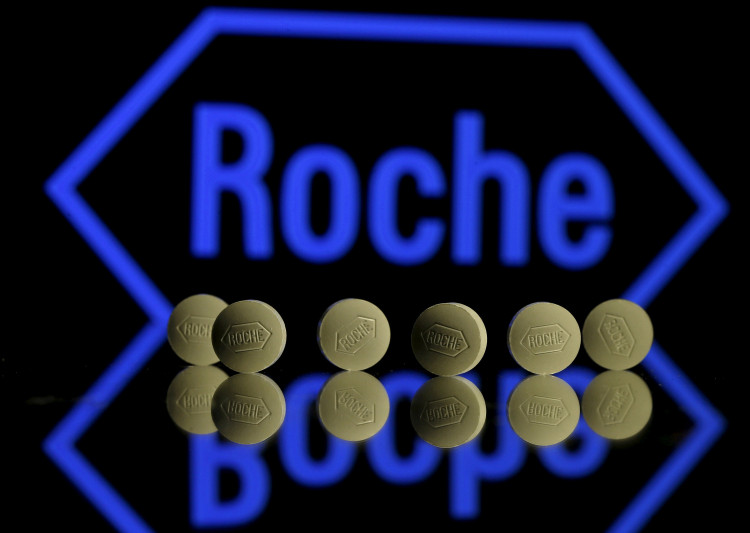With the apparent advancements in gene therapy to treat various diseases, healthcare giant Roche has decided to "step up" its game by acquiring one of the leading gene therapy firms in the world for US$4.3 billion. The Swiss multinational healthcare company bought the US-based gene therapy firm Spark Therapeutics to further increase its portfolio and to outmaneuver its rivals in the particular field.
According to the company's CEO, Severin Schwan, the new developments happening in gene therapy, more specifically those developed by Spark Therapeutics, had convinced their company to shell out the necessary cash for them to remain competitive. Roche's competitor Novartis recently purchased Avexis, a US-based gene therapy firm, for US$8.7 billion in an attempt to gain a foothold in gene therapies.
The acquisition would mean that Roche will be paying about US$114.50 per share, which is more than double that of Spark's closing share prices prior to its acquisition. Spark reported revenue of US$51.6 million in the first three-quarters of 2018, most of which came from its blindness treatments and from a deal it had to Pfizer involving a new treatment for hemophilia B.
Spark is currently working on a number of gene therapy treatments, including projects for hemophilia, Pompe disease, blindness-causing choroideremia, and other neurodegenerative disorders like Huntington's disease. The company main drug hopeful is its SPK-8011 treatment for hemophilia A. The treatment is expected to go through its Phase 3 trials this year.
Roche's main rivals, including Novartis, have previously made moves to include advanced gene therapies into their portfolios. The particular medical treatment commands quite a high price and demand still continues to increase worldwide. As an example, a blindness treatment from Spark called Luxturna cost US$850,000 per patient.
Shortly after its acquisition was made official, Roche's CEO told reporters that his company has been looking at the gene therapy space for quite a long time now. The company felt that Spark was a perfect fit for them to expand their portfolio and to expand their expertise into a broader field. The CEO also mentioned that Roche should be able to take advantage of a number of new medicines that Spark is developing, which could compensate for the recent losses they had with their cancer drugs.
Roche recently lost a lot of ground in the cancer drug industry when its trio of cancer medicines, Rituxan, Herceptin, and Avastin, were outperformed by cheaper alternatives from its competitors. Merck's Keytruda cancer treatment is currently leading the pack in the particular space, far outperforming Roche's products.






